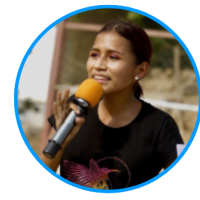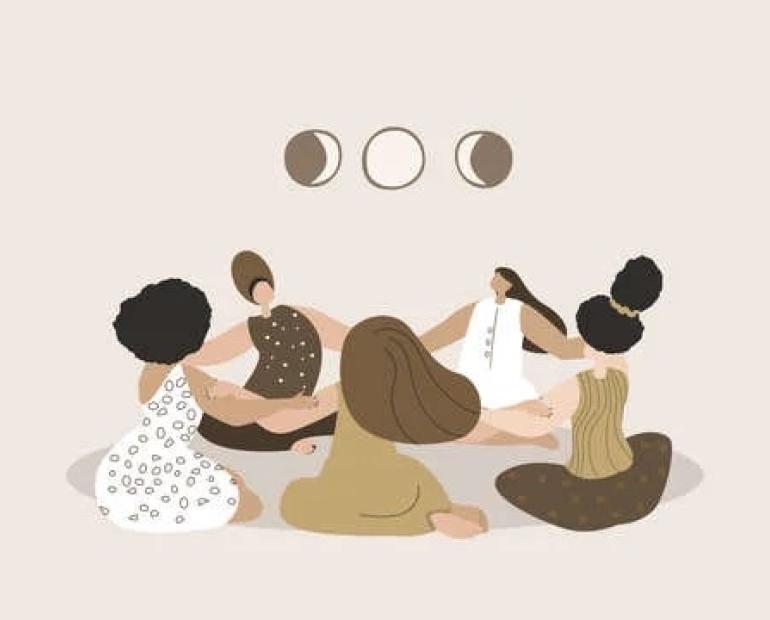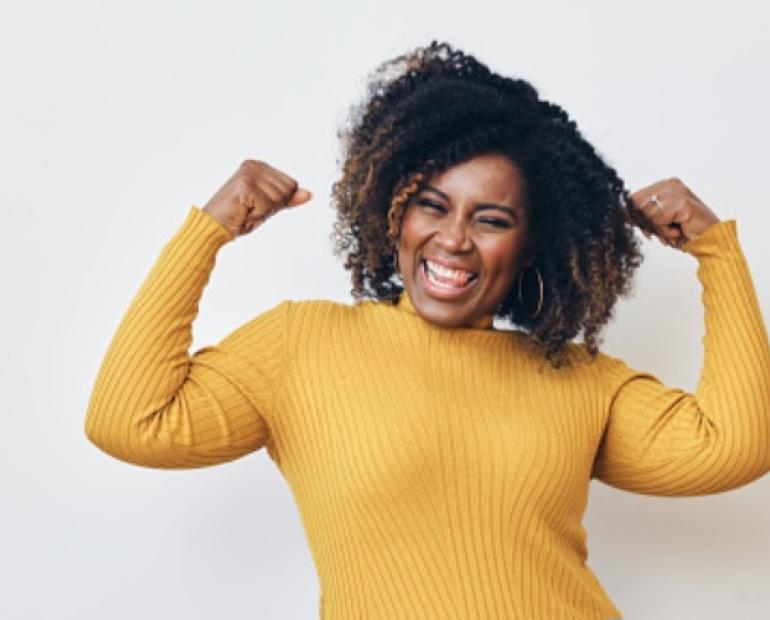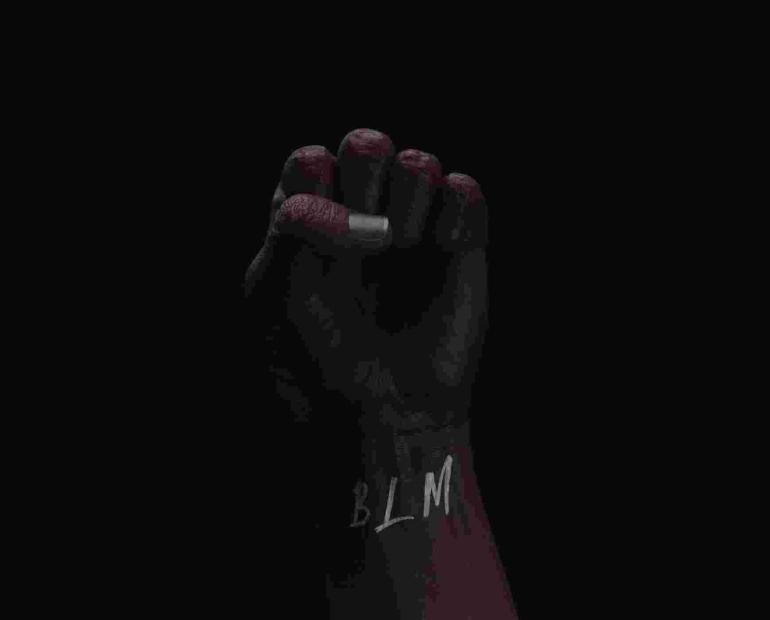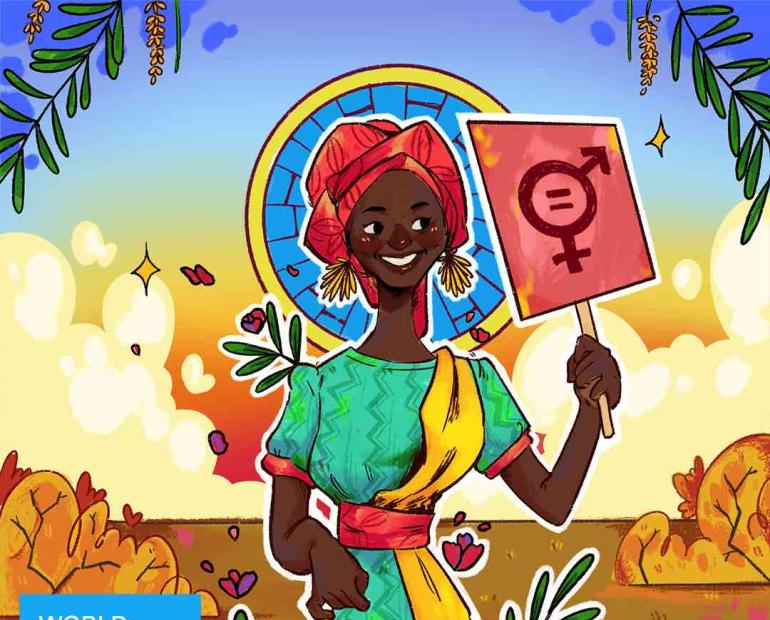
During the Covid-19 pandemic, browsing social media while I was at my sewing job, I found the Commission of Adolescent Women Leaders of Metropolitan Lima (known in Spanish as COMULIA), in my city in Peru. The group, together with allied organizations, was inviting girls and adolescents for art workshops, such as photography, creative writing and theater. I still have the flyer from the call - it is part of the memories from the great beginning of my life. Like any other curious teenager, I signed up, and soon the workshops began. They taught me about gender violence and the myths of romantic love. During this learning there were moments that, to this day, I cannot forget. One of them was the participation of Dayana, a 15-year-old classmate, younger than me, who guided us and encouraged us to raise our voices. My mind told me “If she can do it, I can too.”
I had never heard the word activism or feminism before, but from that moment all the experiences that I disliked in everyday life suddenly made sense. My mother was the only example of empowerment I had; she tried to break the cycle of violence that she experienced in her family. She taught me to confront those who hurt me since she couldn't take care of myself at all times, as my mother had assumed the role of economic provider in our house.
COMULIA invited me to be part of their collective. I am happy to know that, like them, there are currently more organizations that promote the agency of girls and adolescents. Many of us are survivors - not victims - of a nation that fails to protect its people. We have known how to stand out from violence in its different variables. Through information I can find “that meaning” that now leads me to seek that the girls in my town also discover their inner power, discover that their problems are important, that despite the fact that we were taught that we should remain silent when adults speak, we also have the right to be heard.
My voice now has a non-negotiable value, I have much more strength and courage. COMULIA and the spaces for participation in dialogue tables, forums, intergenerational work, among others, have contributed to the development of my approach in promoting the rights of girls and adolescents. I try to apply this in my workplace, a well-known radio station that, due to its editorial line, refuses to use terms that come from activism.
An issue that is largely underrepresented in the media is teenage pregnancy. In general, traditional media such as radio or television report cases of early pregnancies in girls as a result of sexual violence - that means that they are only reporting on the tip of the iceberg. However, only through media pressure victims are able to more quickly access abortion procedures, which are legal in Peru in certain cases. Another thing that’s important is that the the guidelines to carry out abortion procedures does not have an approach based on the rights of girls or allow them to receive differentiated attention in cases of sexual violence.
So far in 2023, the Emergency Center has received more than 22,000 cases of sexual violence nationwide, of which 71% are cases of sexual violence against girls, boys and adolescents; that is to say that, on average, every hour in Peru, two girls are sexually attacked, according to government data. Likewise, according to data from the United Nations Population Fund, every day four girls between 10 and 14 years old become mothers in the country, and every hour six adolescents between 15 and 19 years old have a child.
Given this alarming figure, it is important to highlight the role that us girls and adolescents are taking today. Our attitude takes precedence over the social barriers that make our needs invisible. We are not only active in our groups, but also in schools, universities and neighborhoods. The COMULIA phrase “Everything with adolescents, nothing without adolescents” clearly shows that we have the ability to teach, create, direct and lead, therefore, there is no one better than us to propose and execute strategies or public policies in favor of girls and adolescents.


